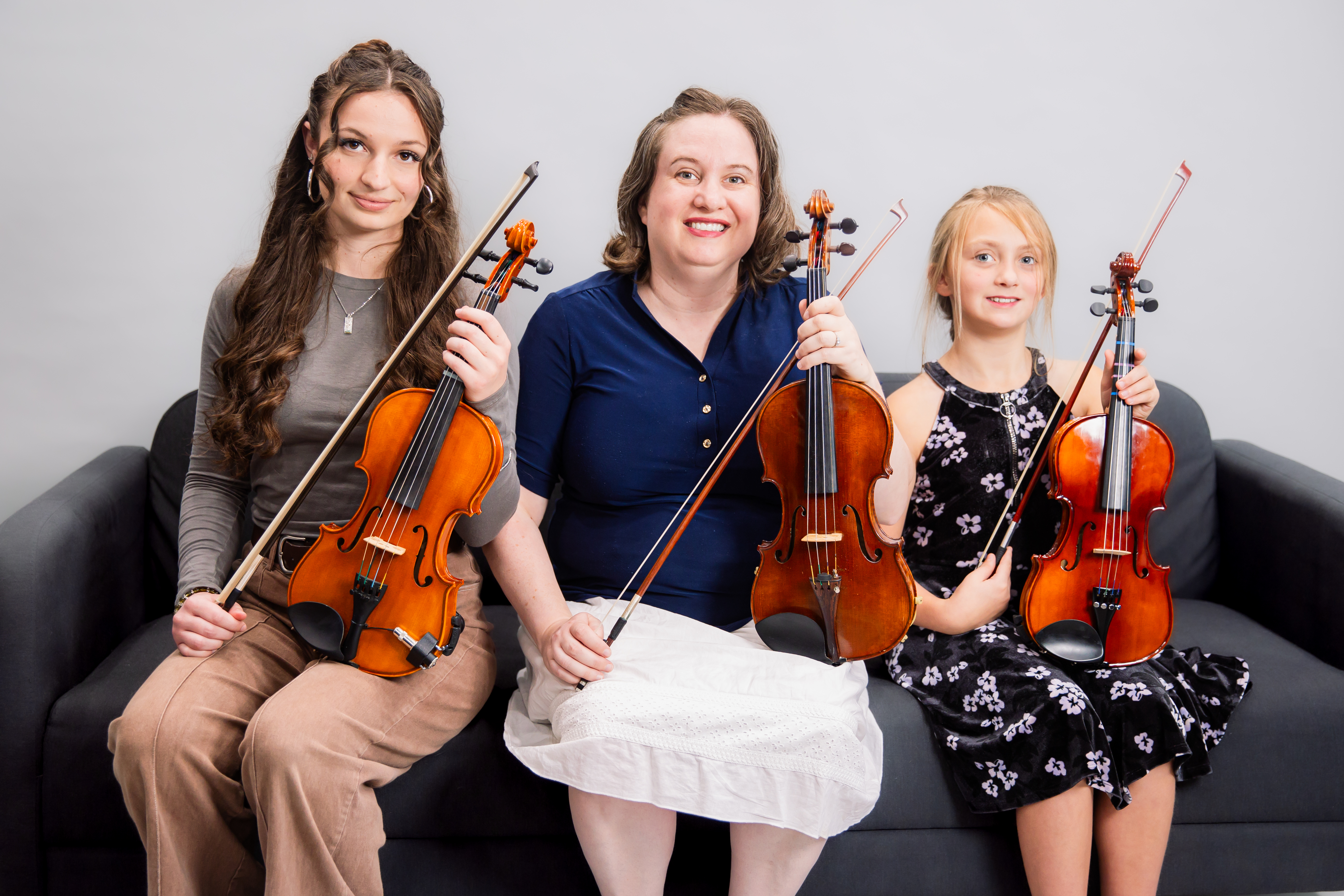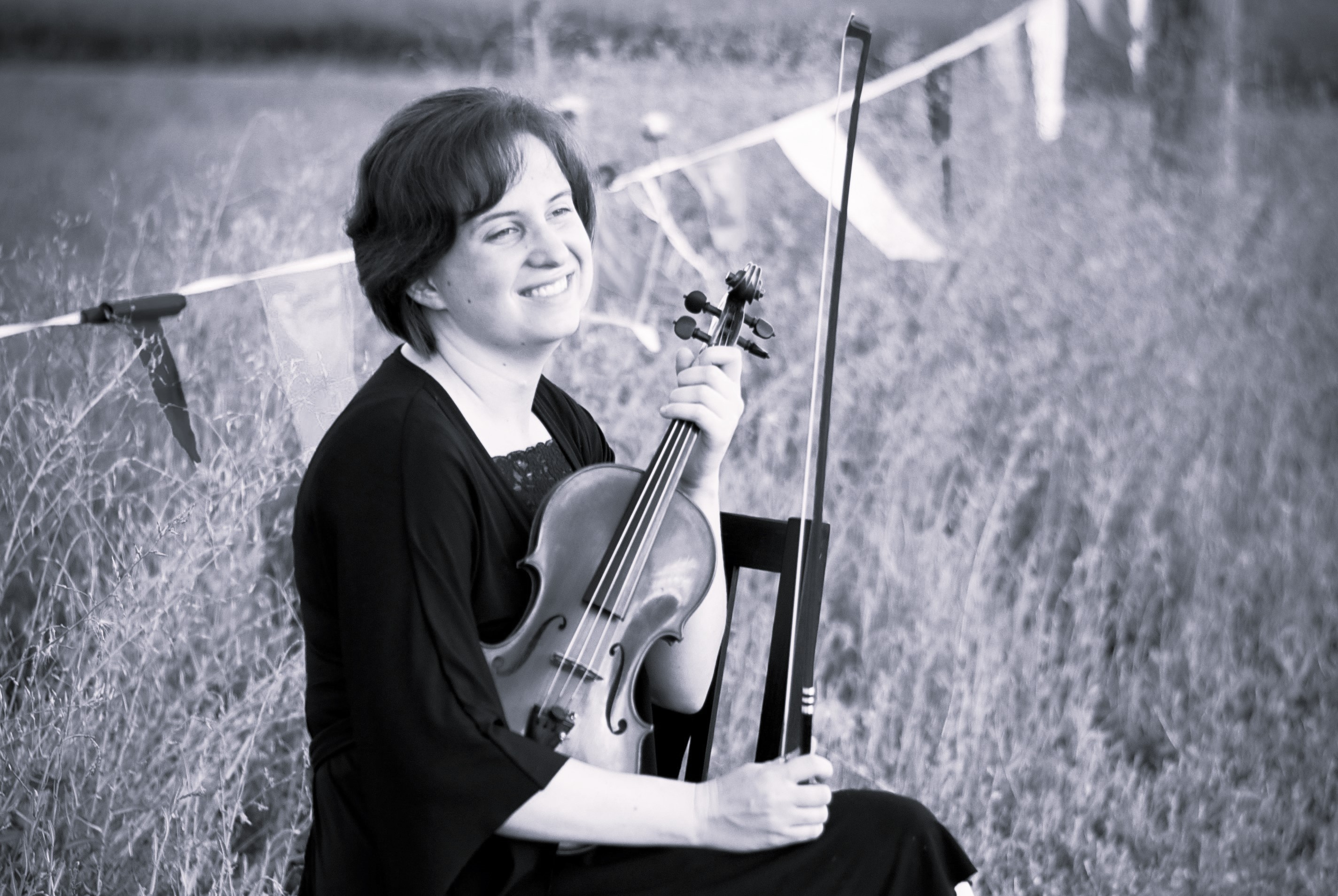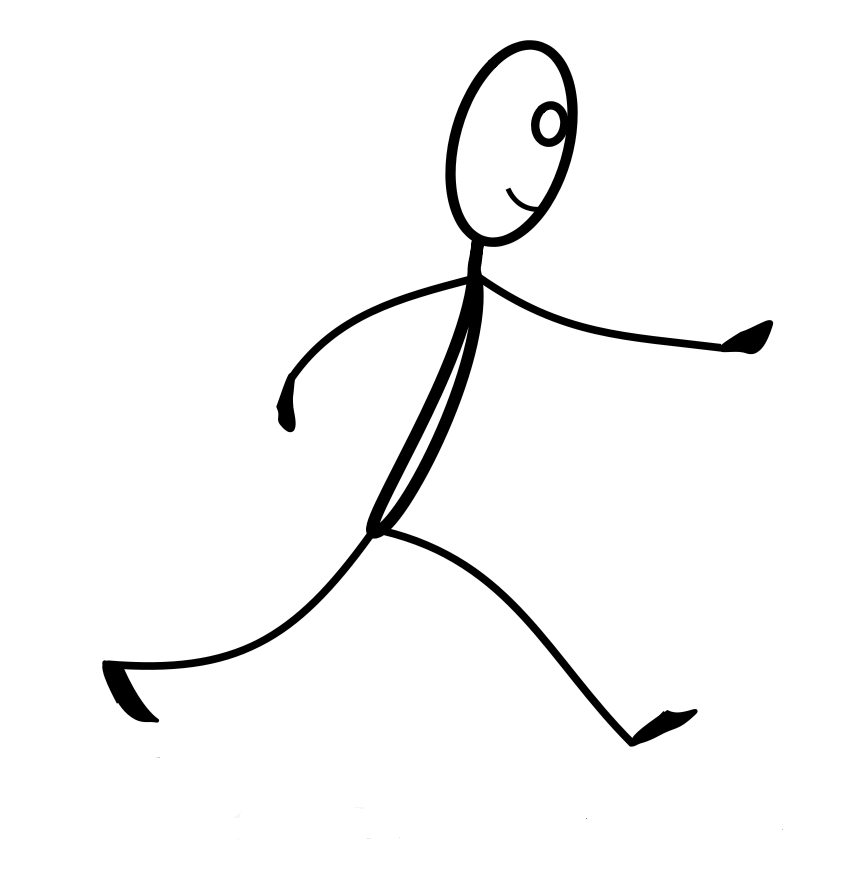 Teaching is good for the soul. I've become more and more convinced of that after the hardships of this year. There isn't one formula for everyone. Some do well in classrooms, others one on one, others informally. Let me tell you about my journey leading into creating a massive educational video project that should benefit new violin teachers for years to come!
Teaching is good for the soul. I've become more and more convinced of that after the hardships of this year. There isn't one formula for everyone. Some do well in classrooms, others one on one, others informally. Let me tell you about my journey leading into creating a massive educational video project that should benefit new violin teachers for years to come!
In early 2024, I was getting burned out from the same routine. Maybe it had to do with my young children's needs or my inherent love for variety in life. At any rate, I was inwardly losing patience with some students, which was a red flag to me, as I'm generally pretty patient. I decided I needed a break and gave six months notice to all my students that I would be taking a hiatus from teaching to focus more on performing. Six months later, two weeks after giving my final lessons, my husband lost his job. And just like that, we went from two incomes to NO regular income. Luckily, we had some extensive savings, but the worry began to set in.
The psychological impact from losing a job is worse, in my opinion, in many ways, than the financial burden. Both my husband and I started applying for jobs, but success did not come right away. After a month of intense searching without reward, I started to doubt my talents and wonder if I was actually good at ANYTHING.
Then, luckily, someone gave me an unwelcome suggestion. I shouldn't say unwelcome--it just wasn't my thing. Or so I imagined. This man, after looking at my resume where I had briefly mentioned 25 years of private violin teaching, suggested I create subscription-based videos on playing the violin. I wasn't interested. However, one day, at the end of last year, I thought of his suggestion again and thought of a twist on the same concept. I Googled "videos on teaching how to TEACH the violin" and NOTHING came up--a few articles, but NO VIDEOS--NOT ON TWO PAGES OF SEARCH RESULTS! I figured I was onto something. And my project, Mentoring with Miss Cami, was born.
I recruited a young adult former student as my teacher-in-training and showed her how to start a beginning violin student in front of the rolling cameras. I also thought of doing a series of interviews with professionals in many types of music careers, to help inspire the younger generation with all you can do in a professional sense with music. Interestingly enough, all the jobs tie into teaching in at least some small way.
I rented professional cameras, a light, and nice ribbon microphone, and enlisted the collaborative help of a professional editor, saving up all my gig money to pay him. I also solicited donors and started a public GoFundMe campaign to help. After five weeks of intense filming, I was left with about 30 hours of raw video footage. I went through it all and narrowed it down to 27 half-hour videos: ten studio planning and instruction videos, one on classroom teaching, and sixteen professional interviews. Last week, I published the entire series online!
Throughout this year, I've taken introductory online courses in filmmaking (including video editing), marketing, and content creation. And the finished product, with the help of my editor friend, looks great! I was able to add b-roll, sound effects, subtitles, and even record some of my own background music!
Hopefully I'll be able to break even to cover the expenses that went into producing this. But my main goal is to make a difference in others' lives, starting with instilling confidence in just five brand new music teachers who believe in what I'm doing and choose to invest in themselves. And honestly, this entire project has kept me going emotionally during this challenging time. Suddenly, I was using ALL my talents--for instance, in addition to performing on the violin, I'm detail-oriented, project-focused, and I have interest and experience in journalism and business--and pushing myself BEYOND them, stretching in new areas through a type of crusade to help the world. I was able to get out of my own self-deprecating thoughts and find purpose in doing something useful. And I learned new skills like video editing in the process.
Another benefit was that, in personally reviewing these videos, and seeing for myself the enthusiasm that I really do exhibit when I'm teaching, they inspired ME to continue teaching at least a few students and continue making a difference in that way. This Fall, I started to teach in my studio again.
I encourage you to check out my video site when you get a chance. And find ways to make a difference to others in your spheres of influence. Life is beautiful! Hard, but beautiful!

Cami Shaskin
Violin Blog
About
Updates
Quick Access
Archive
2021
Jan
2022 16 - Welcome to My Blog
23 - Violin Teaching Kits
Feb 06 - Valuable Techniques
07 - From the Top
20 - Violin Jokes
Mar 06 - Singing in Orchestra
13 - Nurtured by Love
21 - Helpful Websites
27 - Unique Case Uses
Apr 10 - All About Tone
24 - Teaching Values
May 02 - Believing Teachers?
29 - Our Quartet
Jun 26 - Violin Bridge Tips
Jul 07 - Clever Violin Memes
20 - Horses and Lions
Aug 04 - Music During Covid
16 - Favorite Music
Sep 12 - Being There
Oct 16 - Sight Reading Tips
Nov 05 - Why It's the Frog
Dec 20 - Bach on the Brain
30 - Impact for Life
Jan
Jul
Aug
Oct
Nov
2023 23 - Tendonitis Helps
Feb 21 - An Old Performance
Mar 23 - Cars3 & Coaching
Apr 29 - Preferred Brands
May 27 - Love: A Calling
JunJul
Aug
08 - Music Opens Doors
SepOct
Nov
27 - Useful Analogies
Dec 28 - A Humorous Anecdote
Jan
Feb
May
Jun
Aug
Oct
Nov
2024Feb
15 - Our Commonality
Mar 10 - Extras
18 - Autopilot
AprMay
Jun
06 - Motivation
JulAug
26 - The Ink
SepOct
Nov
26 - Music Copyright
Dec Jan
Mar
Sep
2025 15 - Fame and Fortune
FebMar
14 - Intermission
Apr 18 - A Day in the Life
May 02 - Oops!
Jun 14 - A Science or an Art?
Jul 15 - A Difficult Post
AugSep
20 - Anxiety Interview
Oct 02 - Sounds of Italy
Nov No posts to display.
Dec No posts to display.
Jan
Feb
Aug
2026Feb
No posts to display.
Mar No posts to display.
Apr 17 - Bittersweet Moments
May No posts to display.
Jun No posts to display.
JulAug
No posts to display.
Sep No posts to display.
Oct 31 - My Video Series
Nov No posts to display.
Dec No posts to display.
Jan
07 - Food in Twinkle?
Feb No posts to display.
Mar No posts to display.
Apr No posts to display.
May No posts to display.
Jun No posts to display.
Jul No posts to display.
Aug No posts to display.
Sep No posts to display.
Oct No posts to display.
Nov No posts to display.
Dec No posts to display.
Posts
My Video Series
| Love it | Interesting | Inspiring | Want to share |
 |
 |
 |
 |
| 0 | 0 | 0 | 0 |
Like this post? Link back to it later by copying the URL below.
© 2021-2026 All Rights Reserved
This content has been proven to be completely dairy-free, gluten-free, sugar-free, and made from code not treated with rBST. No animals were harmed in the making of this blog. The views presented do not necessarily represent the views of Ms. Shaskin's neighbors, kin, the U.S. government, or a mysterious worldwide network of musicians. Any reproduction, retransmission or reposting of content without crediting the author (basically me) is prohibited. Free Wi-Fi not included. If this is a life-threatening emergency, close your browser and dial 911.



